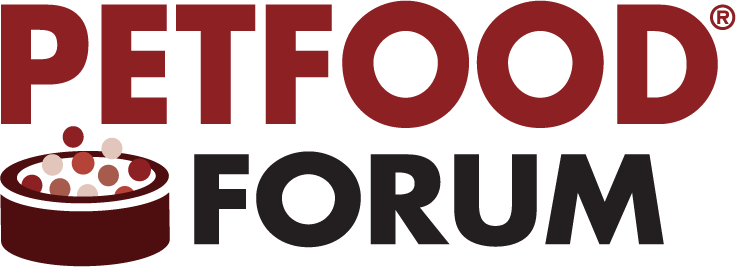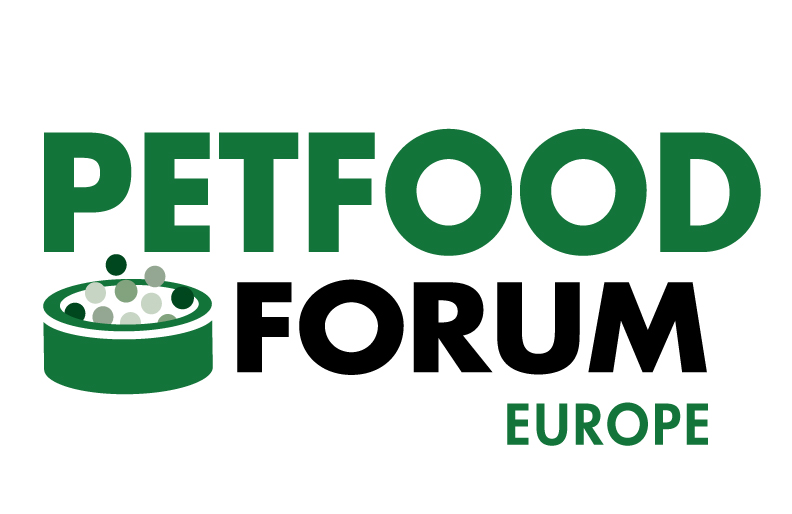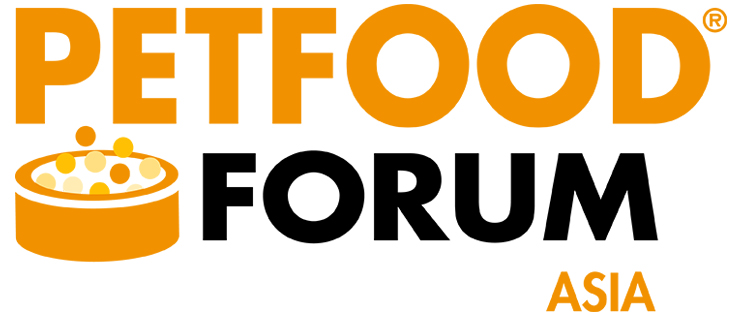2024 Chicken Marketing Summit schedule of events
Monday, July 29
9-10:30 a.m.
NCC Marketing & Communications Committee meeting
Open to committee members and invited guests
Location: Vestavia/Helena
10 a.m.-7 p.m.
Registration
Location: Juniper Ballroom Foyer
12 p.m.
Golf tournament kick-off
Location: RTJ Golf Trail at Ross Bridge
12-1:30 p.m.
Optional: Trail Guided Nature Hike
This is a 3 mile loop down Ross Bridge Trail. Free
2-3:30 p.m.
Optional: Sip, Create & Compete!
Sip, Create & Compete! Join us for a guacamole and salsa cooking class led by a fabulous Ross Bridge chef! Chef will demonstrate how to make delicious guacamole and salsa and teams will collaborate to create their own while enjoying a margarita! Teams will be judged on presentation, flavor, and originality! So, get creative and have some fun!
$75 per person with limited availability
Location: Brock’s Restaurant
5:30-6 p.m.
First time attendees reception
Location: Terrace
6-7:30 p.m.
Chicken Marketing Summit 2024 opening reception
Location: Terrace
Tuesday, July 30
7:30 a.m.-5 p.m.
Registration
7:30-8:30 a.m.
Breakfast
Location: Salon E-H
8:30-8:45 a.m.
Introduction and welcome
Greg Watt, president and CEO, WATT Global Media
Location: Salon A-D
8:45-9 a.m.
Chicken 2035: Collaborating for a sustainable future
Randy Day, NCC chairman, retired CEO, Perdue
It is estimated that U.S. per capita chicken consumption will top 100 pounds in 2024. The remarkable growth of the U.S. broiler industry has resulted because the industry has provided the consumer what it wanted, great taste, value and convenience. We can’t know for sure what tomorrow’s consumers will expect from their food purchases, but the industry needs to be part of the conversation on the future of food. The industry should help shape the future, not just react.
Location: Salon A-D
9-10 a.m.
Keynote: Predicting the wants and needs of the chicken consumer of 2035
Christophe Pelletier, global food and agriculture futurist, strategist and advisor, The Food Futurist
As we look to the future, it’s crucial to understand what younger generations will prioritize when it comes to food. By the year 2035, Generation Z will be the primary purchasers of chicken, and changing attitudes about technology, concerns about sustainability and animal welfare, and other factors will impact how chicken is fed, raised and processed over the next decade. Christophe Pelletier, global food and agriculture futurist, strategist and advisor, The Food Futurist, will provide insight into what the consumers of tomorrow will be looking for to help chicken marketing, production and processing proactively plan in the quest to keep chicken as the protein in the center of the plate.
Location: Salon A-D
10-10:30 a.m.
Morning coffee break
10:30-11:15 a.m.
Looking forward: Chicken demand in 2035
Brian Earnest, lead economist, animal protein, CoBank
By 2035, the chicken industry will face new pressures. Concerns about sustainability, animal welfare and other social issues will continue to increase, while consumers will expect an interconnected world using technology. How will consumer behavior change? Discover the macroeconomic trends most likely to affect future demand for chicken and the opportunities that could help keep chicken as the protein at the center of the plate.
Location: Salon A-D
11:15 a.m.-12 p.m.
Meet your future consumer: Communications implications for your business
Michele Murray, executive vice president, Food Agriculture and Ingredient Practice, Ketchum
Generation Z consumers have spoken, and they don’t trust food businesses today. More than 73% believe food companies are greedy and only care about profits. How do you make sure your business is future-proofing itself for Gen Z consumer expectations and needs? Discover insights on the Gen Z mindset around food and agriculture and what it means for your marketing efforts to keep chicken as the protein at the center of the plate.
Location: Salon A-D
12-1:30 p.m.
Lunch
1:30-2:15 p.m.
Concurrent session: What Gen Z wants from chicken foodservice
Chris Norton, vice president of consulting services, Revenue Management Solutions
How can we better engage with Gen Z, who are spending now and willing to spend in the future? What will it take for chicken foodservice to capture their loyalty and drive frequency? This session previews industry insights and consumer data that inform more than 50 major restaurant brands worldwide to help us understand the different generations we serve (boomers, millennials, Gen X, Gen Z) and how chicken foodservice can best connect with these consumers.
Location: Salon A-D
1:30-2:15 p.m.
Concurrent session: The broiler of tomorrow – 2035
Jan Henriksen, CEO, Aviagen Broiler Breeding Group
The modern broiler industry has witnessed unprecedented advancements in efficiency and performance, driven by cutting-edge technologies and balanced breeding. We will explore the multifaceted challenges facing our industry in the coming decade, from climate change and focusing on sustainability to addressing societal concerns regarding animal welfare and food safety and security. Breeding companies are proactively responding to these challenges and leveraging technologies to drive continuous improvement in broiler performance. Learn how the future breeding focus and commercial broiler performance will evolve to meet the demands of a changing world. This insight will include examining emerging technologies and highlighting approaches toward a sustainable and resilient industry in 2035.
Location: Vestavia/Helena
2:15-3 p.m.
Concurrent session: Gen Z as adults in 2035: They may not be the consumer you think they will be
Lynn Dornblaser, principal consultant, Mintel
While it is easy to say that the chicken consumer of 2035 will be focused on value, will want sustainability but won’t want to pay for it, and will look to mom and dad for a bit of financial help, you’re missing out on one key truth about generational groups: They change as their life circumstances change. While Generation Z will be prime chicken consumers in 2035, their behaviors will be different than they are now (with some key exceptions). This presentation will take a look at who Gen Z is today, who they will be in 2035, and discuss what retail product introductions from today point the way to the future.
Location: Salon A-D
2:15-3 p.m.
Concurrent session: Regenerative agriculture and ‘net zero’
Marty Matlock, Ph.D., professor of ecological engineering, University of Arkansas
Net zero greenhouse gas emissions pledges are being made by companies in every industry because of government, activist and shareholder pressure for action in response to climate change concerns. Some net zero pledges have implementation dates as early as 2040. Explore how the industry will tackle the net zero challenge, what efforts are underway now and what progress we might expect by 2035.
Location: Vestavia/Helena
3-3:30 p.m.
Afternoon coffee break
3:30-4:30 p.m.
Concurrent session: 2024 chicken consumer perspective: Chicken consumer of 2035
Erkin Peksoz, senior director, client insights, Circana, and Joyce Neth, vice president, director of audience engagement, WATT Global Media
In 2035, Generation Z will be the primary purchasers of protein. How they shop, where they shop, what they shop and where they eat will change how chicken is fed, raised, processed and marketed. Explore some of the hot trends of today through the lens of tomorrow’s consumer. Exclusive research, sponsored by Elanco, Evonik and the NCC, will reveal what chicken companies need to keep in mind to best reach the chicken consumer of 2035.
Location: Salon A-D
3:30-4:15 p.m.
Concurrent session: How will we define broiler welfare in 2035?
Karen Christensen, Ph.D., senior director of animal welfare, Tyson Foods
Broiler welfare has traditionally been measured by performance metrics such as feed conversion, growth rate, livability and plant condemnation rates. Activist groups are pushing retailers and foodservice operators to demand changes in husbandry practices and breed selection. The activists are asserting that rapid growth rate reduces bird welfare. Learn what the industry and researchers are working on to push for real continuous improvement in bird welfare without sacrificing the environmental and economic benefits of continuous improvement in feed conversion and growth rate.
Location: Vestavia/Helena
4:15-5 p.m.
Concurrent session: Healthy broilers, healthy people 2035
Don Ritter, DVM, owner, Poultry Business Solutions LLC
Continuous improvement of the health and welfare of broilers and broiler breeders will be key factors in the sustainability of the chicken industry. The One Health approach requires that antimicrobials used in animal agriculture be evaluated both for efficacy in treating broilers but also for the potential impact on the effectiveness of their use in human medicine. Reducing the incidence of foodborne illness attributed to eating chicken has been on ongoing challenge for the industry and the source of regulatory concern. Join us for a discussion of how emerging technologies may be harnessed to improve health outcomes for both broilers and humans.
Location: Vestavia/Helena
4:30-5 p.m.
Chicken Marketer of the Year Award
Winner announced and recognized
Location: Salon A-D
5-6:30 p.m.
Networking reception
Location: Terrace
Wednesday, July 31
7:30 a.m.-12 p.m.
Registration
7:30-8:30 a.m.
Breakfast
Location: Salon E-H
8:30-9:15 a.m.
Concurrent session: AI in chicken marketing: Benefits, challenges and applications
Hinda Mitchell, president, Inspire PR Group, and Hana Bieliauskas, senior vice president and partner, Inspire PR Group
Artificial intelligence (AI) is changing the way that food companies develop, market and sell products, connect with customers and analyze data. AI has sped up the development of new products by leveraging predictive analytics and consumer data, and it can apply algorithms to identify trends in the food sector and predict their growth. Discover the opportunities and innovations that are possible using AI and learn from case studies how chicken brands and companies are successfully utilizing AI.
Location: Salon A-D
8:30-9:15 a.m.
Concurrent session: Future of poultry processing
More details coming soon.
Location: Vestavia/Helena
9:15-10 a.m.
Concurrent session: Supply chain partners panel
Panelists discuss challenges and opportunities for chicken supply chain companies that connect processors with consumers.
Confirmed panelists:
- Annica Conrad, chief brand officer, City Barbeque
- Raymond Hogan, senior poultry supply buyer/business manager, Applegate
- Brian Jones, president, Natural Choice Foods
- Don Kupski, vice president, purchasing and R&D, Lee’s Famous Chicken
- Justin McCoy, vice president, marketing, Cousins Sub
Location: Salon A-D
9:15-10 a.m.
Concurrent session: Panel discussion: The future of production
More details coming soon.
Location: Vestavia/Helena
10-10:30 a.m.
Morning coffee break
10:30-11:30 a.m.
Panel discussion: How demographic and technological changes will shape the broiler industry
Confirmed panelists:
- Christophe Pelletier, global food and agriculture futurist, strategist and advisor, The Food Futurist; Other panelists TBA
- Other panelists will be announced soon
Location: Salon A-D
11:30 a.m. – 12 p.m.
2035: Your predictions
Location: Salon A-D







